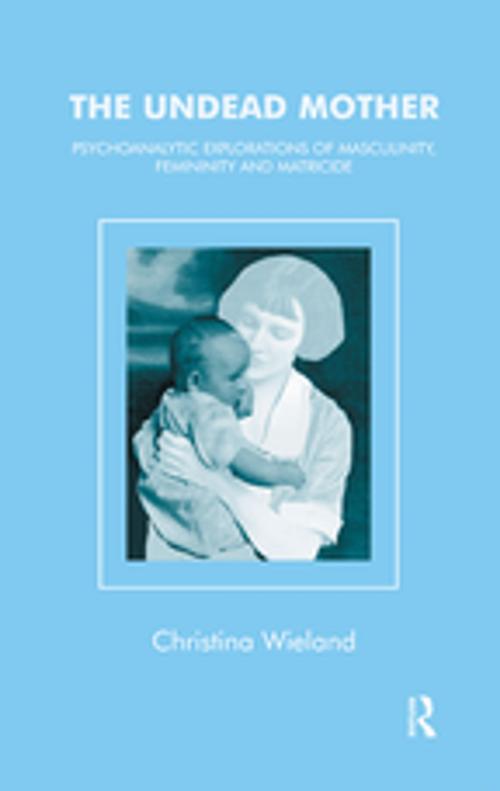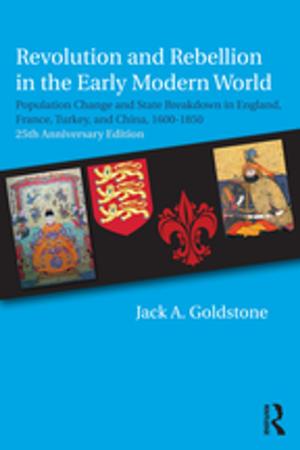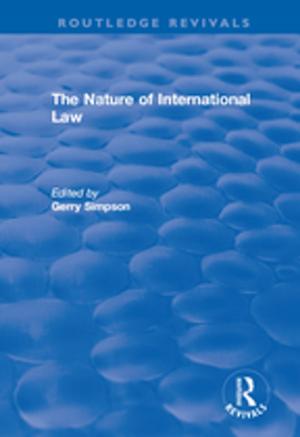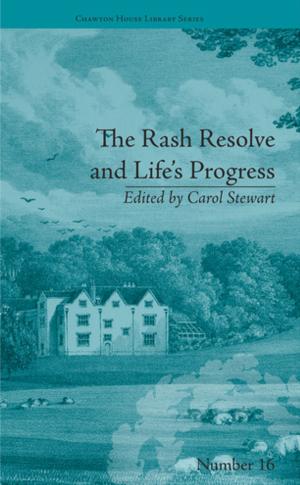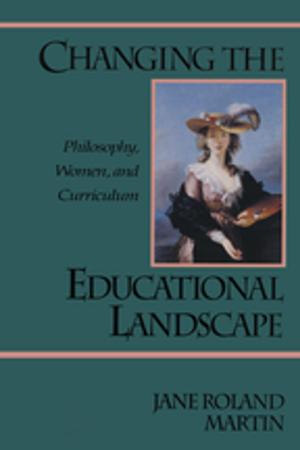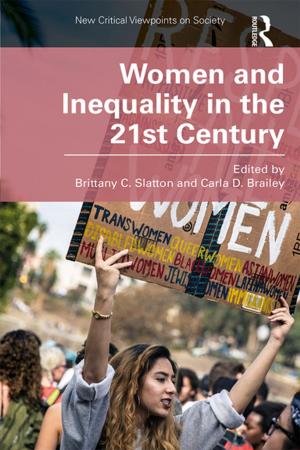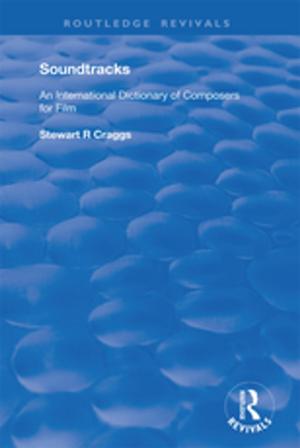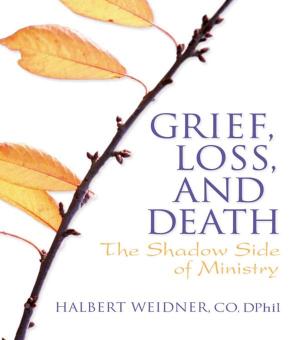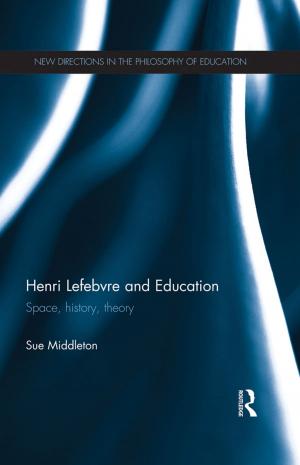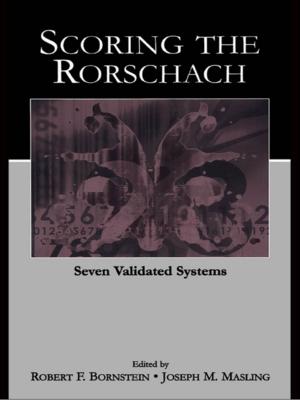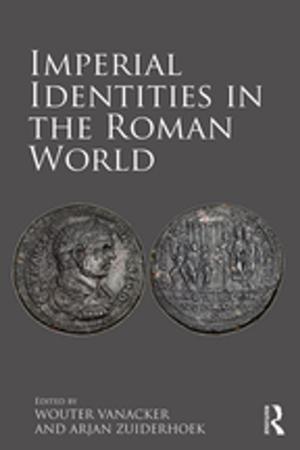| Author: | Christina Wieland | ISBN: | 9780429922619 |
| Publisher: | Taylor and Francis | Publication: | March 29, 2018 |
| Imprint: | Routledge | Language: | English |
| Author: | Christina Wieland |
| ISBN: | 9780429922619 |
| Publisher: | Taylor and Francis |
| Publication: | March 29, 2018 |
| Imprint: | Routledge |
| Language: | English |
‘A state of mourning is something that the late twentieth century has been uniquely unable to achieve. A culture based on the interchongeobility of products and people, a throw-away culture, is not conducive to mourning…Inanimate objects hove replaced human ideals. A culture of ‘virtual reality’ which finds it difficult to distinguish between the living and the inanimate has been created - a culture of the undead. This culture is not grounded on human relationships but in the destruction of them.’ In this book, Christina Wieland offers the reader a far-reaching and devastating critique of masculinity, femininity, and contemporary culture. Drawing inspiration from the work of Melanie Klein, the author demonstrates how the Western psyche is based upon denial of the power of the mother, and the elevation of the fother into a repressive, authoritorion figure. This act of universal motricide has wrought havoc throughout Western culture. As Wieland graphically illustrates, both women and men ore denied the opportunity to mourn their separation from the mother, but must contend instead with the guilt that surrounds her murder, and the ever-present terror of her vengeful return – as ‘the undead mother’. Re-appraising masculinity and femininity, the author re-visits a wide and fascinating range of myths, fairytales and stories. Her critique casts new light on the writings of Freud, Klein, Kristeva and Irigaray. Her vivid presentations of clinical material also show how ihe undead mother mokes her presence felt in the consuhing room, and the steps which con be taken towards more genuine, reparative mourning.
‘A state of mourning is something that the late twentieth century has been uniquely unable to achieve. A culture based on the interchongeobility of products and people, a throw-away culture, is not conducive to mourning…Inanimate objects hove replaced human ideals. A culture of ‘virtual reality’ which finds it difficult to distinguish between the living and the inanimate has been created - a culture of the undead. This culture is not grounded on human relationships but in the destruction of them.’ In this book, Christina Wieland offers the reader a far-reaching and devastating critique of masculinity, femininity, and contemporary culture. Drawing inspiration from the work of Melanie Klein, the author demonstrates how the Western psyche is based upon denial of the power of the mother, and the elevation of the fother into a repressive, authoritorion figure. This act of universal motricide has wrought havoc throughout Western culture. As Wieland graphically illustrates, both women and men ore denied the opportunity to mourn their separation from the mother, but must contend instead with the guilt that surrounds her murder, and the ever-present terror of her vengeful return – as ‘the undead mother’. Re-appraising masculinity and femininity, the author re-visits a wide and fascinating range of myths, fairytales and stories. Her critique casts new light on the writings of Freud, Klein, Kristeva and Irigaray. Her vivid presentations of clinical material also show how ihe undead mother mokes her presence felt in the consuhing room, and the steps which con be taken towards more genuine, reparative mourning.
